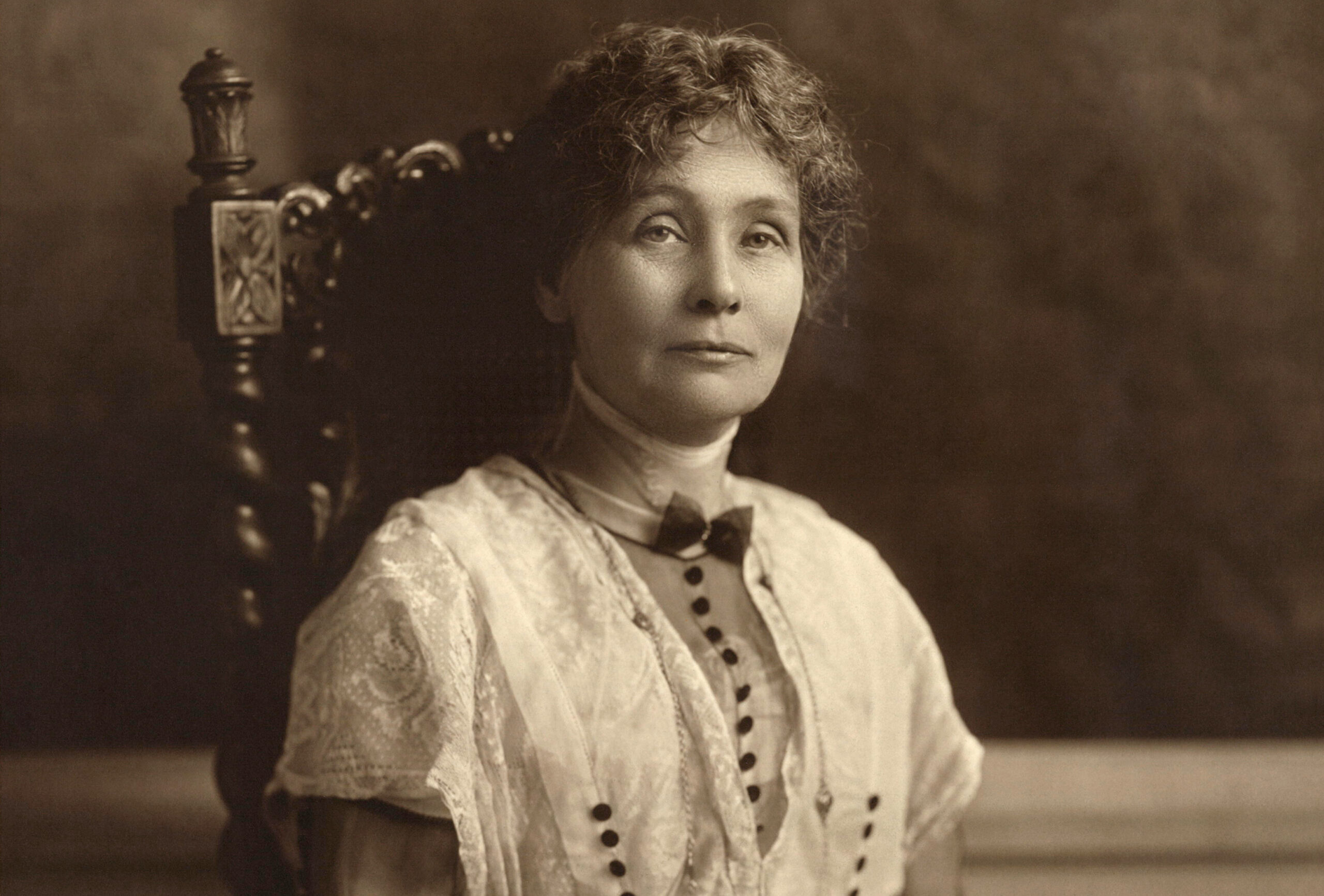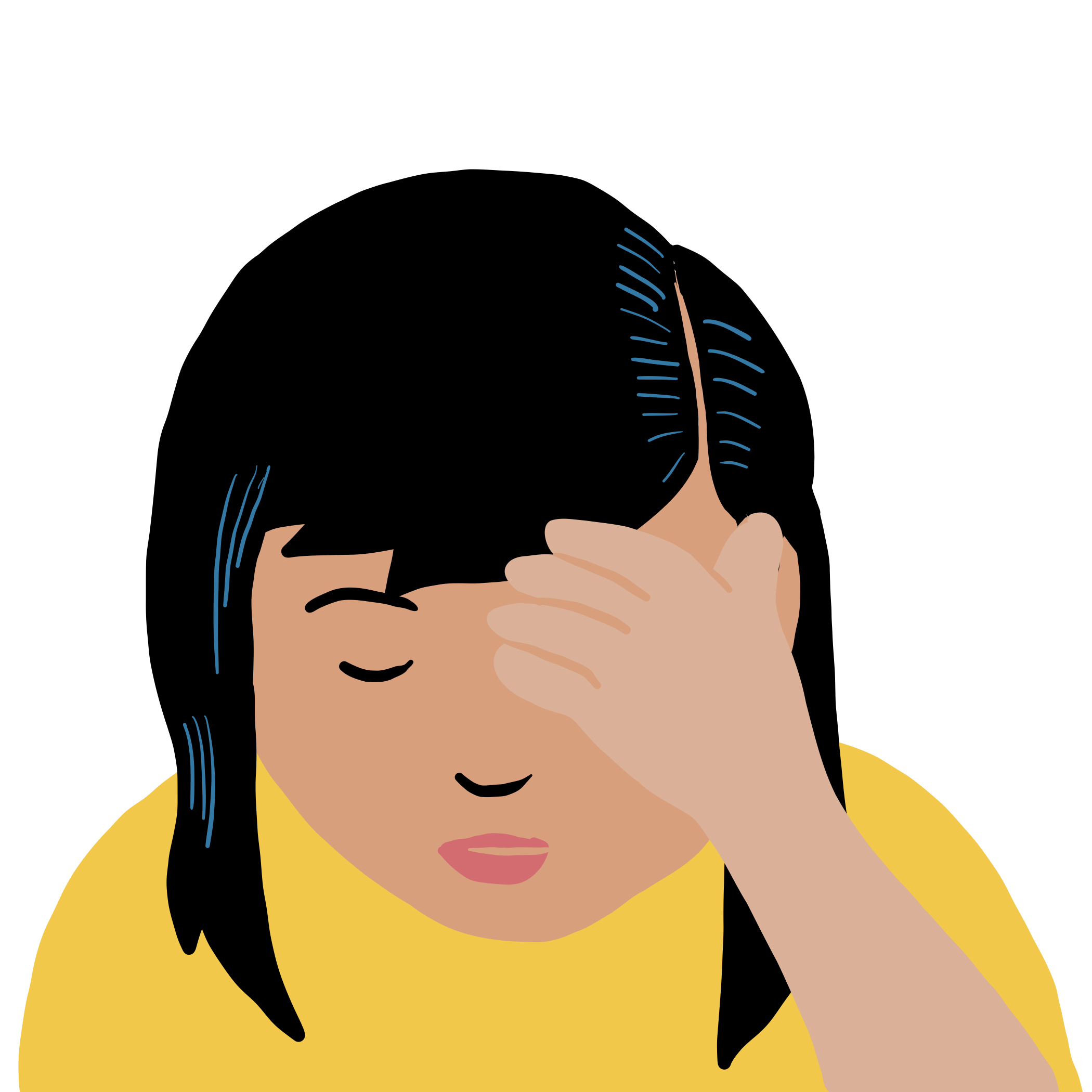A Fighting Chance
- February 22, 2020
- P10: Reduced Inequality
- Tags: globalisation, fairness, work, youth, employment, reduced inequality, prejudice
Inequality is a significant problem despite progress being made around the world. Income inequality is getting worse, even as the bottom 40 per cent of the population has seen their incomes rise. Greater emphasis will need to be placed on reducing inequalities in income as well as those based on other factors.
In more than half of the 92 countries with comparable data during the period 2011–2016, the bottom 40 per cent of the population experienced a growth rate that was higher than the overall national average. However, the bottom 40 per cent still received less than 25 per cent of the overall income or consumption. In many places, the increasing share of income going to the top one per cent of earners is of significant concern.
Robust and sound financial systems are essential for supporting equal access to financial services. For almost half of the 138 reporting countries, the percentage of non-performing loans to total loans was less than five, while the average median for the period 2010–2017 was 4.3 per cent.
While countries in developing regions represent over 70 per cent of the membership of the General Assembly and World Trade Organization, which utilize a one member, one vote system, their voting share in other international organisations remains far below these levels. Governance reforms are being negotiated at the International Monetary Fund, and changes were adopted at the World Bank in October 2018. However, full implementation will leave developing countries with just over 40 per cent of the voting rights, still short of the 75 per cent they represent in World Bank membership in terms of the number of countries.
Duty-free access continued to increase for least developed countries, small island developing States and developing regions at large. More than 50 per cent of exports from developing countries are now eligible for duty-free treatment. The increase of duty-free access in world markets was the largest for least developed countries, namely in the industrial and agricultural sector.
In 2017, total receipts by developing countries from donors of the Development Assistance Committee of the Organization for Economic Cooperation and Development, multilateral agencies and other key providers were $414 billion, of which $163 billion were ODA. Total ODA to small island developing States from all donors was $4.3 billion in 2017, a decrease of 33 per cent in real terms over 2016, due to exceptional debt relief operations for Cuba in 2016.
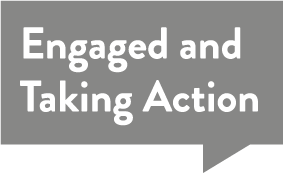
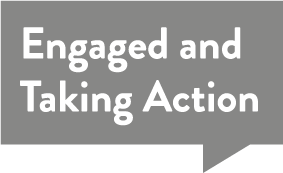

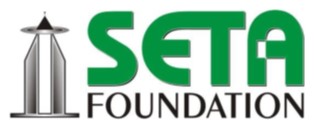
© Copyrights 2024 All Rights Reserved. 17Promises



